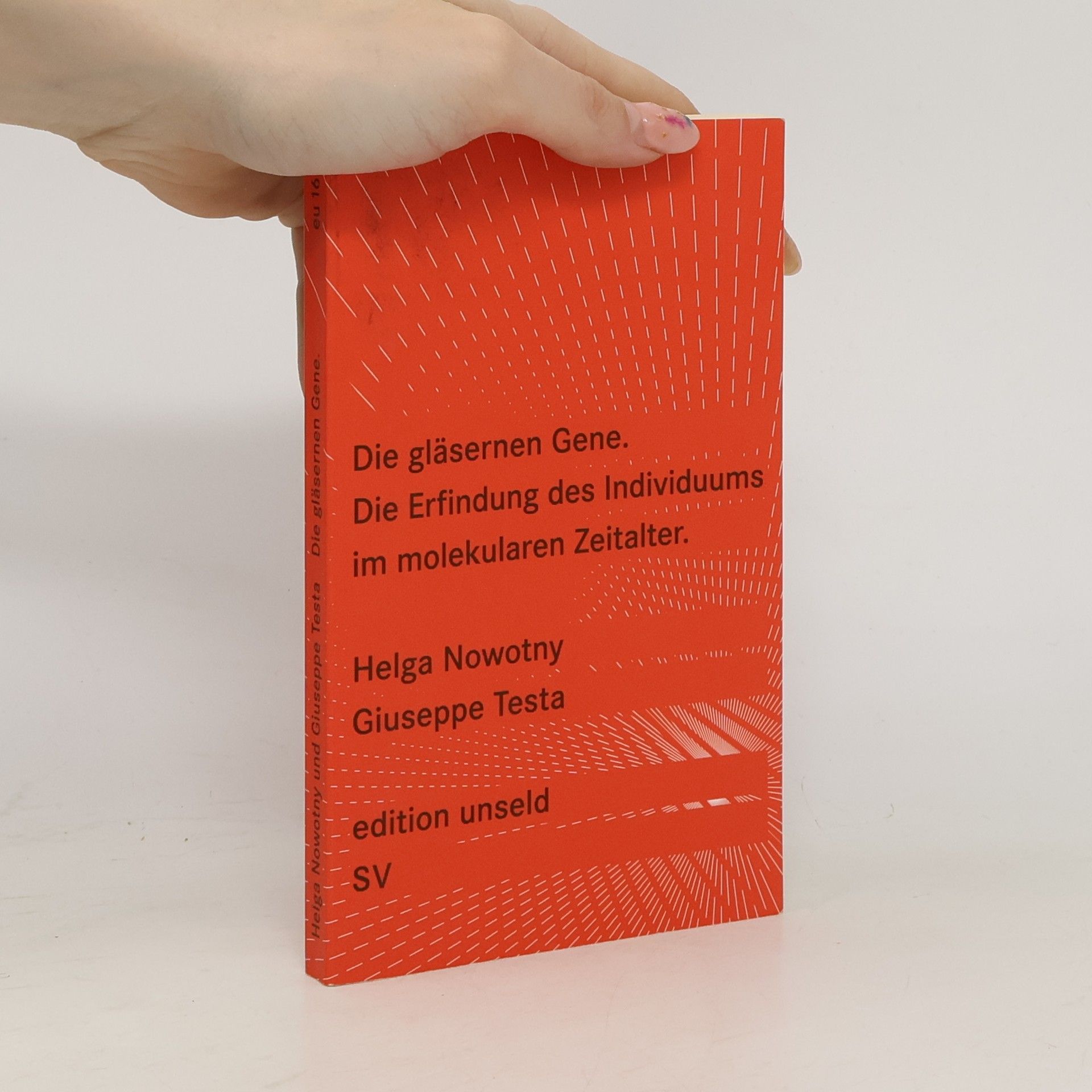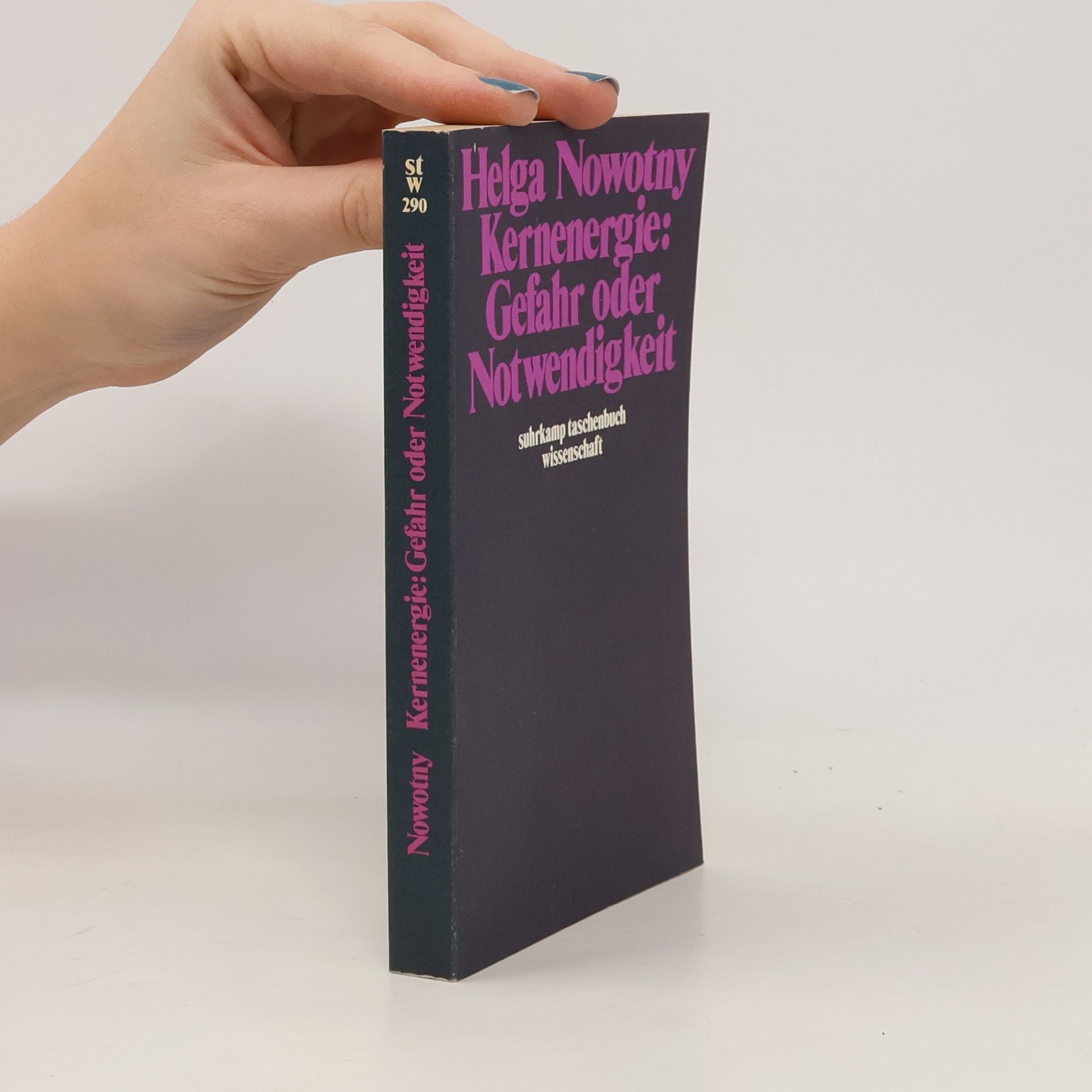One of the most persistent concerns about the future is whether it will be dominated by the predictive algorithms of AI – and, if so, what this will mean for our behaviour, for our institutions and for what it means to be human. AI changes our experience of time and the future and challenges our identities, yet we are blinded by its efficiency and fail to understand how it affects us. At the heart of our trust in AI lies a paradox: we leverage AI to increase control over the future and uncertainty, while at the same time the performativity of AI, the power it has to make us act in the ways it predicts, reduces our agency over the future. This happens when we forget that that we humans have created the digital technologies to which we attribute agency. These developments also challenge the narrative of progress, which played such a central role in modernity and is based on the hubris of total control. We are now moving into an era where this control is limited as AI monitors our actions, posing the threat of surveillance, but also offering the opportunity to reappropriate control and transform it into care. As we try to adjust to a world in which algorithms, robots and avatars play an ever-increasing role, we need to understand better the limitations of AI and how their predictions affect our agency, while at the same time having the courage to embrace the uncertainty of the future.
Helga Nowotny Boeken


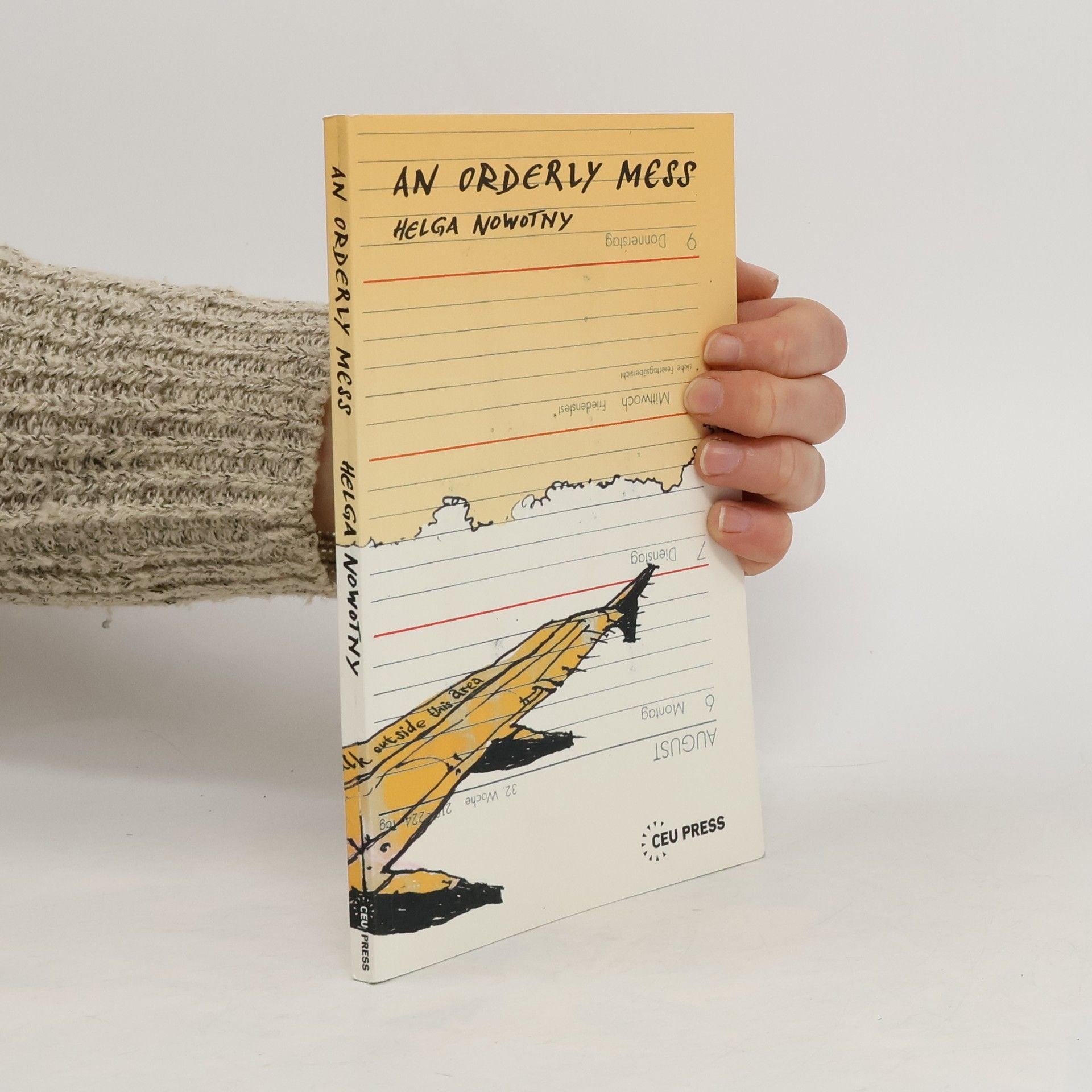
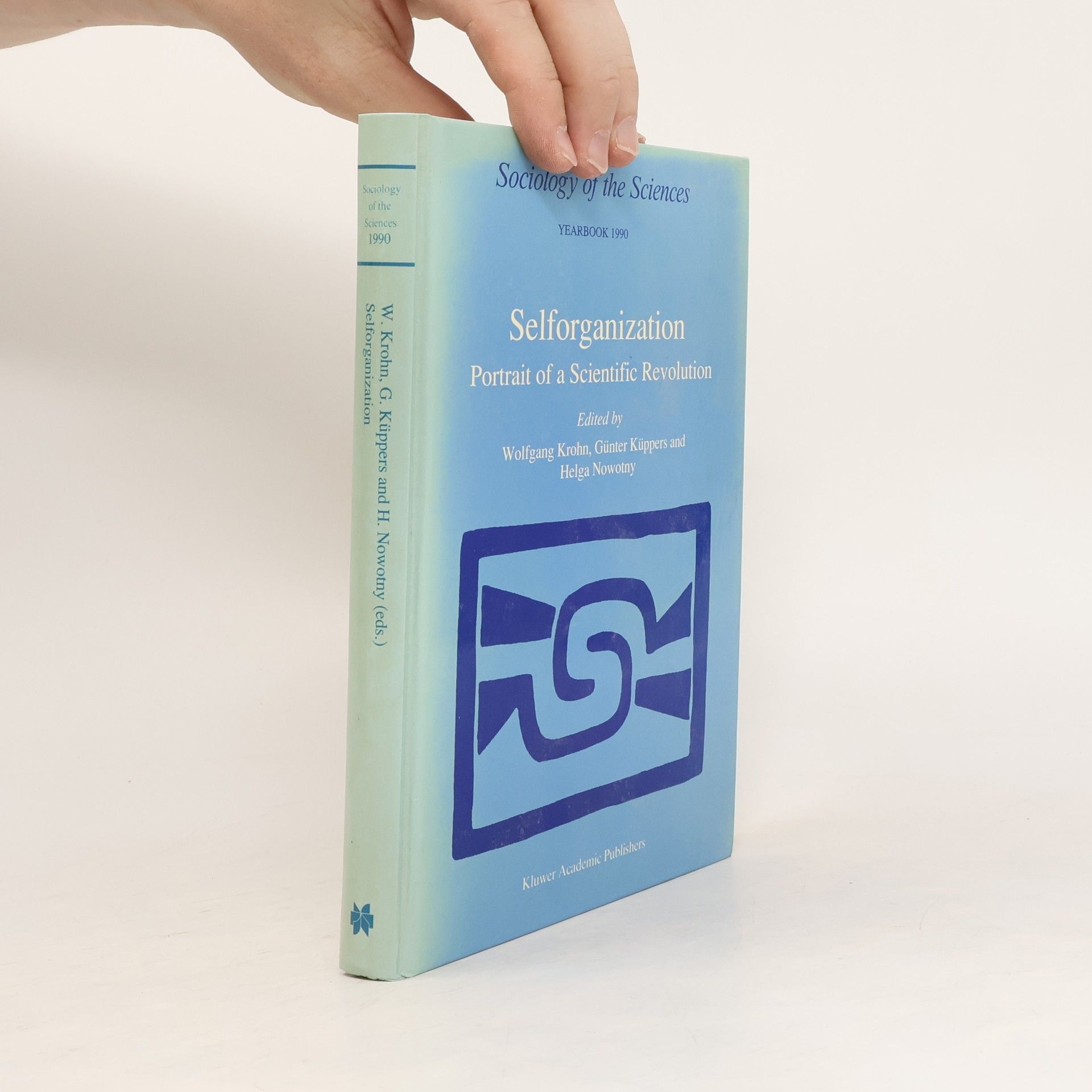
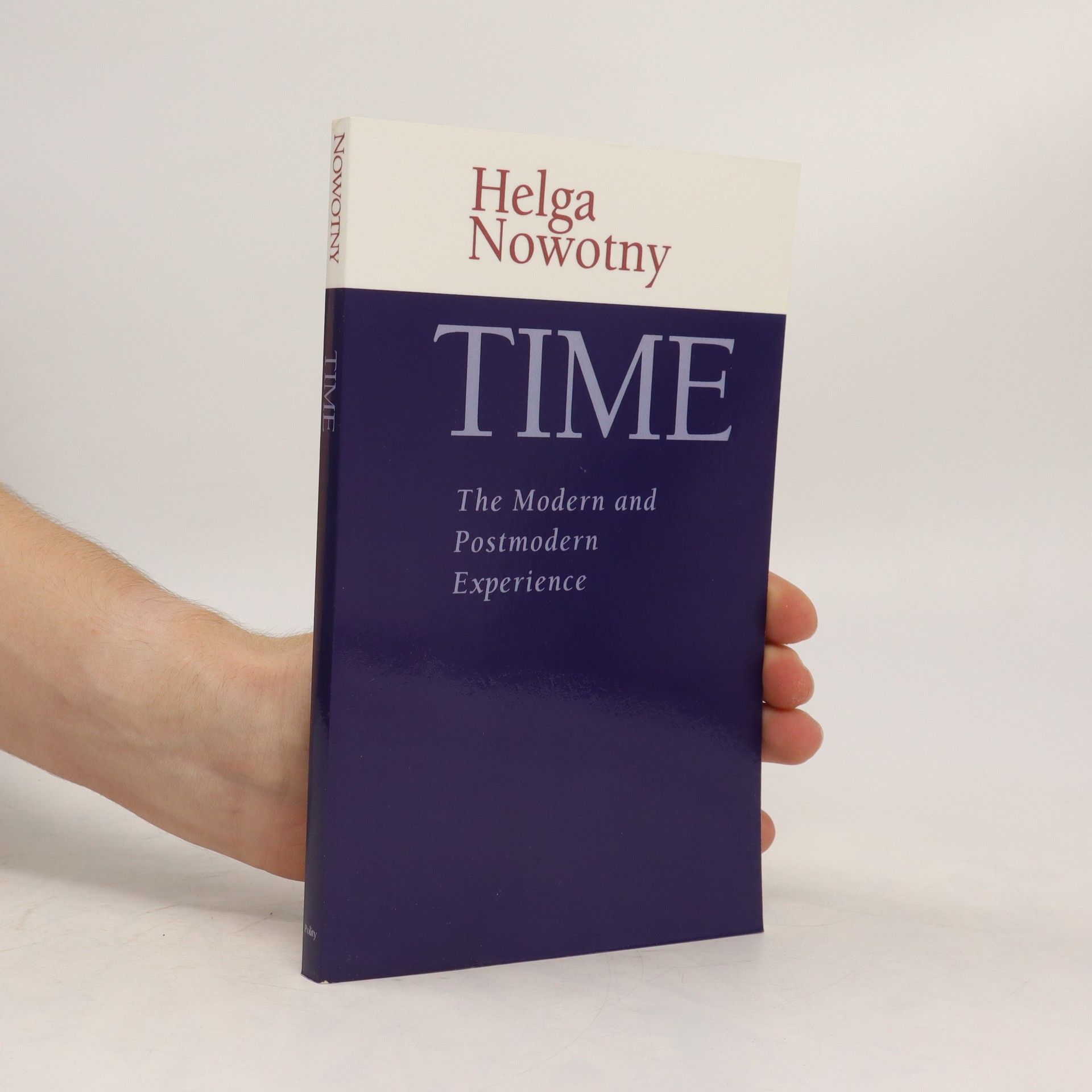

Time
- 192bladzijden
- 7 uur lezen
* A major contribution to the study of time and its relation to modernity* This brilliant study has already become a classic in Germany. .
Selforganization
- 280bladzijden
- 10 uur lezen
(3) The classical system-environment model, according to which the adaptation of a system to its environment is controlled externally and according to which the adaptation of the system occurs in the course of a learning process, is replaced by a model of systemic closure.
An Orderly Mess
- 100bladzijden
- 4 uur lezen
An Orderly Mess is a timely diagnosis of the current dissolution of the modern order, while highlighting the opportunities of messiness. The essay focuses on the temporal and spatial dimensions in which messiness becomes apparent today: broken time lines and fragmented spaces.
Helga Nowotny ist Vize-Präsidentin des Europäischen Forschungsrates und Professor emeritus der ETH Zürich. Sie gilt als die ›grande dame‹ der Wissenschaftsforschung in Europa.
Die KI sei mit euch
Macht, Illusion und Kontrolle algorithmischer Vorhersage
Las man in früheren Zeiten im Vogelflug oder in den Eingeweiden von Tieren, um sich die Angst vor dem, was kommen mag, zu nehmen, erlauben uns heute Algorithmen einen nahezu unfehlbaren Blick in die Zukunft. Doch das Vertrauen in das prognostizierende Vermögen von künstlicher Intelligenz birgt Risiken und lässt allzu schnell ein fatalistisches Bild entstehen: Indem wir uns der technologischen Mittel bedienen, um die Kontrolle über Zukunft und Ungewissheit zu erhöhen, büßen wir zusehends unsere Handlungs- und Gestaltungsfähigkeit und also auch Kontrolle ein – Vorhersagen werden zu Bestimmungen, Möglichkeiten zu Richtwerten und der Mensch wird auf die Rolle des bloßen Erfüllungsgehilfen reduziert. Damit dies nicht zur selbsterfüllenden Prophezeiung wird, gilt es, sich daran zu erinnern, dass es der Mensch ist, der die digitalen Technologien geschaffen hat, denen er Wirkmacht zuschreibt. Es gilt, wie Helga Nowotny mit bestechendem Optimismus nachweist, sich der eigenen Wirkmacht bewusst zu werden und eine Zukunft zu ermöglichen, die zu gleichen Teilen aus menschlichem Geist und mechanischen Geräten besteht.
Die gläsernen Gene
- 159bladzijden
- 6 uur lezen
In den Lebenswissenschaften hat sich die Molekularbiologie als Leitwissenschaft etabliert, während die genzentrierte Sichtweise das dominante Paradigma bildet. Das Genom wird als säkularisiertes Äquivalent der Seele betrachtet. Gleichzeitig zeigt sich in liberalen Demokratien ein Individualisierungsprozess, in dem dem Einzelnen alle Optionen offenstehen. Die gesellschaftlichen Kategorien – wie Verwandtschaftsbeziehungen, Eigentumsrechte an Organismen und die Grenzen zwischen privat und öffentlich – werden durch die Lebenswissenschaften ständig hinterfragt. Der Kampf gegen Doping im Sport verdeutlicht die Illusion eines natürlichen Lebens, während wir die Fiktion der Natürlichkeit aufgeben müssen und eine Koexistenz von Menschen und Artefakten akzeptieren sollten. Das Individuum von morgen wird heute neu erfunden, und seine Rechte sowie seine gesellschaftliche Stellung müssen überdacht werden. Die Entwicklungen im Sport zeigen, dass eine strikte Trennung zwischen künstlich/technisch und natürlich nicht haltbar ist. Im Zeitalter technischer Reproduzierbarkeit wecken die Fortschritte der Gentechnologie Ängste um den Verlust der Individualität und die Frage, was noch als natürlich gilt. Wer soll schließlich entscheiden, was erlaubt ist? Die Autoren des Buchs verfolgen einen innovativen Ansatz, um gängige Prinzipien anhand aktueller Beispiele aus Forschung, Gesellschaft und Politik zu hinterfragen und zu entstauben.
Wie männlich ist die Wissenschaft?
Herausgegeben von Karin Hausen und Helga Nowotny
Trotz des universalistischen Geltungsanspruchs der Wissenschaften haben Frauen deren soziale Relativität auf drastische Weise erlebt. Die Zweifel an der vermeintlichen Geschlechtsneutralität sind heute nicht mehr zu ignorieren, da Frauen innerhalb der Wissenschaft ihre Erfahrungen artikulieren können. Dabei werden Themen angesprochen, die für viele Männer tabu sind. Das Buch dokumentiert den Versuch, Wahrnehmungen und Reflexionen von Frauen in ihren Wissenschaftsdisziplinen zu erarbeiten und interdisziplinär zu diskutieren. Männerdominanz zeigt sich nicht nur in der extremen Minderheit von Frauen im Wissenschaftsbetrieb, sondern ist in das gesamte Wissenschaftsgebäude integriert. Die Perspektive des Mannes als Maßstab prägt die Zielsetzungen und Inhalte der wissenschaftlichen Erkenntnisgewinnung, wodurch Frauen oft als Abweichung oder Sonderfall behandelt werden. Das Buch beleuchtet, wie dieser Entwurf des Allgemeinen auf Kosten der Frauen in verschiedenen Disziplinen entstanden ist und welche Ansätze für Veränderungen sich abzeichnen. Es wird gefragt, wie Männer Wissenschaft betreiben und welche Konsequenzen dies für Frauen und Männer hat. Zudem wird erörtert, wie ein neues Allgemeines entwickelt werden kann, das Frauen und Männer gleichwertig betrachtet, und welche Lernprozesse innerhalb der Institution Wissenschaft nötig sind, um Kreativität in einem humanen Sinne zu fördern.

